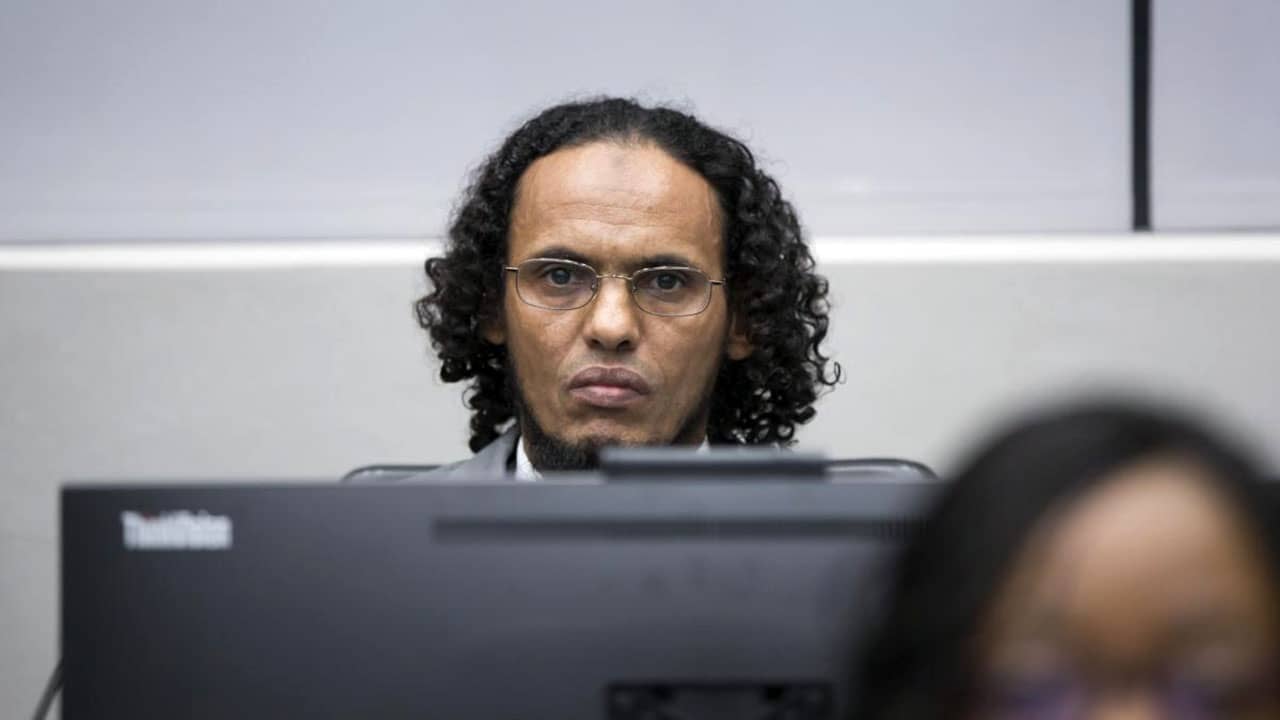
Updated: September 27, 2016 | New York/The Hague, 22 August 2016
Parliamentarians for Global Action (PGA) welcomes the opening of the trial of Ahmad Al Faqi Al Mahdi by the International Criminal Court (ICC), in The Hague today, as an example that violent extremist groups’ members can be prosecuted and tried under international criminal law.
A Malian national, Ahmad Al Faqi Al Mahdi is alleged to have been a member of Ansar Eddine, a Tuareg movement affiliated with Al Qaeda in the Islamic Maghreb (AQIM), during their occupation of Timbuktu (Mali). It is alleged that he was the head of the “Hesbah”, the morality brigade, which was created in April 2012, and that he took part in the Islamic Court of Timbuktu’s work.
The Pre-Trial Chamber I found on 1st March 2016 that the evidence presented by the Office of the Prosecutor was sufficient to establish substantial grounds to believe that, between 30 June and 11 July 2012, Ahmad Al Faqi Al Mahdi committed directly or indirectly the war crime of destruction of historical and religious monuments in the city of Timbuktu. Given that Ahmad Al Faqi Al Mahdi has expressed his wish to plead guilty, the trial is only estimated to last a few days. The accused is defended by Mohamed Aouini, a Tunisian lawyer and former Member of Parliament, who took part in the PGA Working Group on the universality of the Rome Statute in the MENA region.
PGA considers that this case demonstrates clearly that serious human rights violations committed by violent extremist groups across the world should foremost be considered as international crimes and be investigated and prosecuted as under the Rule of Law.
In 2016, PGA launched a Parliamentary Campaign to Prevent and Counter Violent Extremism, under its International Law and Human Rights Program. Several PGA members from the MENA region had proposed to work on this delicate issue. This campaign is closely linked to PGA’s Campaign for the Rome Statute of the ICC and Parliamentary Platform for the Abolition of the Death Penalty, as PGA holds that violent retaliation such as 'targeted killings' are ineffective in preventing and countering the growth of violent extremism and that perpetrators of atrocities should be brought to justice within the framework of international law.
Ahmad Al Faqi Al Mahdi’s trial should pave the way for future prosecutions, before domestic courts as well as international jurisdictions, of members of violent extremist groups. Victims of such atrocities hold the right to see the perpetrator of the abuses they suffered brought to justice, which targeted killings or summary executions de facto violate. The judicial process is the only way to hold violent extremists accountable for their crimes and demonstrate the international community’s commitment to human rights and the Rule of Law.
As a Malian parliamentarian, I am glad to see that the abuses suffered by my people are seen as what they are, war crimes, and will not go unpunished. Violent extremists will not be stopped by violent retaliation but by holding them accountable for the atrocities they committed and by increased awareness and strengthening of the Rule of Law.
Hon. Idrissa Sankaré, Malian MP and PGA Member

